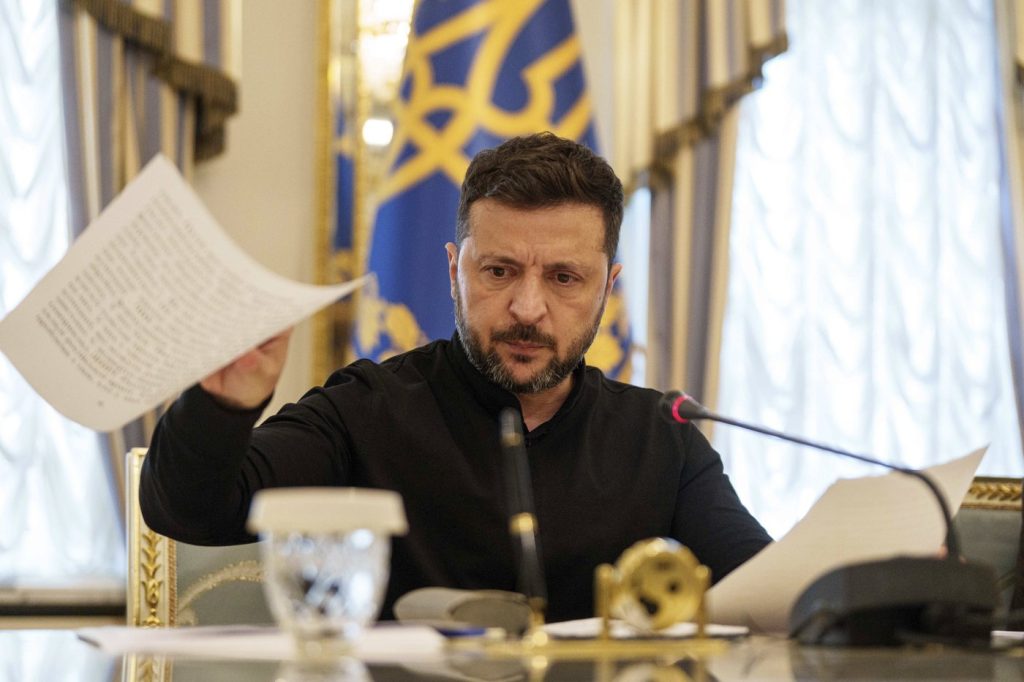Ukrainian President Volodymyr Zelenskyy is visiting Austria on Monday, marking his first trip to the European Union member country since Russia's full-scale invasion of Ukraine in 2022. This visit is significant as it highlights Ukraine's continued diplomatic engagement with European nations amidst ongoing conflict.
Austrian neutrality, declared in 1955 after World War II, has become a focal point of contention during the Russia-Ukraine war. Austria has faced criticism for maintaining ties with Moscow in the face of Russia's aggressive actions in Ukraine. Despite its neutral stance, the Austrian government has condemned Russia's invasion, opting to send humanitarian aid to Ukraine rather than military support.
During his visit, Zelenskyy is scheduled to meet with Austrian President Alexander Van der Bellen and Chancellor Christian Stocker. This meeting marks Stocker's first high-profile encounter with a foreign leader since he took office in March 2023, leading a new three-party coalition after an extensive five-month wait for government formation.
In addition to political discussions, Zelenskyy's wife, First Lady Olena Zelenska, along with Doris Schmidauer, the spouse of President Van der Bellen, will facilitate a discussion focusing on the role of women in promoting peace and security during this trip. This highlights an important aspect of the humanitarian and social dimensions of conflict resolution.
On the ground in Ukraine, Ukraine's air force reported that Russia launched 138 strike and decoy drones overnight, primarily targeting the eastern Donetsk region. Of the drones involved, 125 were intercepted or jammed, while 10 succeeded in reaching their intended destinations. Additionally, falling debris from these drones caused damage in eight separate instances.
Austria's historical context adds a layer of complexity to its current diplomatic stance. After being annexed by Nazi Germany preceding World War II, the nation sought a geopolitical role as a mediator throughout the Cold War, establishing ties with the Soviet Union. However, these ties have drawn scrutiny, especially as the situation in Ukraine continues to escalate.
Former Chancellor Karl Nehammer was notably the first EU leader to engage directly with Russian President Vladimir Putin following the onset of the conflict, visiting Moscow in April 2022 in an attempt to persuade Putin to cease hostilities. His visit, however, proved ineffective in changing the course of the conflict.
As Zelenskyy engages with Austrian leaders, it signals Ukraine's pursuit of robust diplomatic relationships within Europe, while Austria grapples with the complexities of its neutral position amidst intense international scrutiny.










